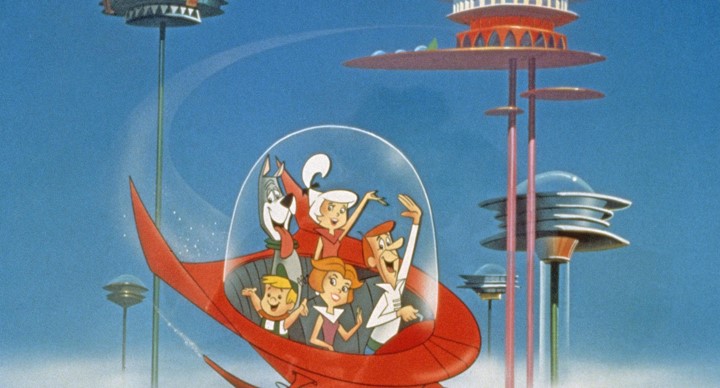For the last decade, ARK has hosted a solar tour in Fairbanks, Alaska in collaboration with the American Solar Energy Society and their national event, which kicks-off ‘energy awareness month” occurring usually during the first weekend in October. In the last couple of years, we have stepped forward again in attempt to coordinate the tours on a state level. In addition to the basic tours, we’ve added kick off events, guides, alternative viewing options, art exhibits, and even a calendar. All to raise awareness that clean energy in Alaska is a solution for pioneers and if we can do it here, we can do it anywhere.
Solar isn’t the endgame for addressing our energy challenges, but it is low-hanging fruit and with current funding can be virtually free. especially if you’re in a rural or economically distressed community. Traditionally insulating and air sealing have been the best bank for your buck, and in many cases still are- except in education. To mainstream efficiencies, we go up stream from the owner to the builder. Across the nation, these largely self-guided experiences have show cased homes and businesses that have invested in not only solar but where available, wind, geothermal, hydro, and biomass. Last years tour featured a solar home in Anchorage, that charged their electric vehicles, thanks to Colleen Fisk an education coordinator at the Renewable Energy Alaska Project.
So, what’s the point? Where is all this headed? What does it mean for the reader? And of course, What’s the plan going forward? The comprehensive economic development strategy that we are advocating for is the ‘Good Jobs for a Green World’ plan. Its an investment strategy that moves beyond ‘workforce development” and invest in at risk citizens to avoid or recover from incarceration, domestic transience, or escaping a violent situation (system). In a regenerative economy all jobs are “green” jobs because they focus just as much on individual quality of life as the revenue from keeping production and profit quotas. Good jobs help us explore ourselves and our capacities until we settle into a career path where building a life from our dreams is how we all make a living.
ARK is a workforce development organization and in 2022 we have embarked on an expansion plan to plant roots in communities all over the planet. To feed the mycelium network of sharing and caring where capacity building around the elements of energy, food, and waste put in perspective, housing, transportation, and education. These investment priorities impact security, public health, and in turn the health of the natural world with which we coexist in a symbiotic relationship. When we care for the planet and her people, we can experience generational wealth in a system based on abundance and the peace/resource based/ regenerative economy. The solar tours have been an anchor of that plan and even they too are evolving.
The point of all this is just like four wheels don’t constitute a car, the electrical grid (even if you include transportation and heating) is only one element of the “collective home” commonly referred to as community, neighborhood, town, or city. Helping people reduce their energy bills and go solar is great, for them, but in a situation like we have with our Co-op, the costs of maintaining the grid to keep the lights on 24/7/365 becomes a heavier burden on those sharing the load. To address this the solar tours offer us the opportunity to come together and learn how things function so we can all work on a solution to move forward.
Even if we had all the money, the full support of government, and industry there are simply not enough people trained to design, finance, and build solar electric systems, green homes, or ecologically sustainable cities to respond to the demand from climate refugees for safe housing. Heatspring, is one partner that provides online educational material on these subjects, and they make it simple enough for a 5th grader, many at no cost.
For this year’s event the steering committee is exploring the theme of “tour of future cities” and stimulating all ages to imagine where we can be in 100 years if we start today. In addition to the Global Ecovillage Network, the Resource-Based Economy, and the Moneyless Society we have found Future City. An annual science technology engineering and math competition focused on middle school students and engaging them in the work of “Imagineering” the world of tomorrow.
Register here for the Tour of Future Cities meeting on Sept. 13, 6pm (AKST)

